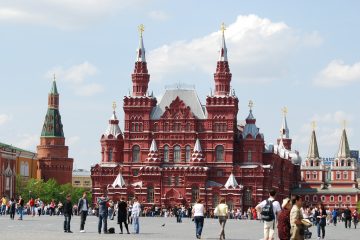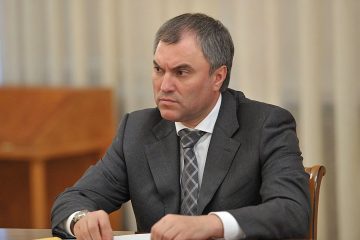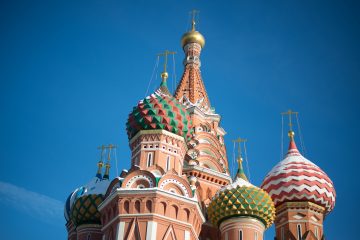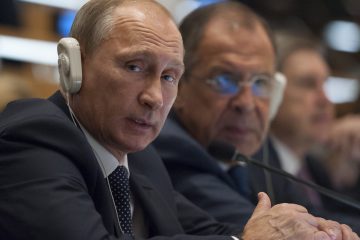
Presidential Proxies: Cloaked Law-making in Contemporary Russia
The Russian newspaper Vedomosti recently reported something that may strike many as rather odd. Drawing on a range of internal sources, the paper claimed that the Russian Presidential Administration was increasingly using members of the Federation Council – the upper chamber of the Federal Assembly, whose members are colloquially referred to as “senators” – to introduce bills into the federal legislature. This use of senators as law-making proxies is puzzling because of the President’s formal law-making powers: According to article 104, section 1 of the Russian Constitution, the President of the Russian Federation has the “power to initiate legislation”. In practice, this means the President has the authority to introduce bills into the State Duma – the lower chamber of the …

Volodin’s Duma: Do Volodin’s reforms go much beyond symbolic PR?
Vyacheslav Volodin has big plans for the State Duma. Since his October 5 election, the new chairman of the Federal Assembly’s lower chamber has directed a raft of changes aimed, it seems, at improving the Duma’s political stature. These reforms touch on all the core functions of legislatures: representation and linkage; executive oversight and control; and policy-making. The past proliferation of derogatory monikers like “rubber stamp,” “rabid printer,” and legal “conveyor” belt reflect the popular perception that the contemporary Russian federal legislature is an ineffectual institution – a body stuffed with inactive deputies, whose task is simply to distract citizens from real decision-making processes. In August 2016 – the month before parliamentary elections – only 37 percent of respondents to a Levada survey approved of the …

Six things you need to know about the recent Russian parliamentary elections
On Sept. 18, Russians went to the polls to elect the State Duma — the lower chamber of the bicameral Federal Assembly. In an earlier post, I set out what to expect from the vote. In this post, I discuss what to make of the results. The first session of the Duma’s seventh convocation will take place Wednesday. Here are six things you need to know. 1) United Russia, the pro-Putin “party of power,” won a supermajority. United Russia (UR) will take 344 out of 450 Duma seats. UR candidates secured pluralities in 203 of the 225 single-mandate races. The party also received 140 of the 225 positions that were elected via a nationwide contest, in which seats are assigned in proportion …

Russians will be voting on Sunday. Here’s what you need to know
Russian voters will elect 450 deputies to Russia’s State Duma on Sunday, in the seventh election for the lower chamber of Russia’s bicameral Federal Assembly since the legislature’s founding in 1993. Large-scale protests followed the last federal parliamentary elections on Dec. 4, 2011, after widespread reports of electoral fraud and rigged elections. Within days, an estimated 50,000 protesters across from the Kremlin were chanting “Russia without Putin.” This year, 14 political parties are taking part in elections that were moved forward from December to September. Observers from the Organization for Security and Cooperation in Europe will monitor the elections, which will return to a mixed electoral system last used in Russia’s 2003 federal elections. Half of the 450 seats will be decided by competitions in regional constituencies, technically known as …









